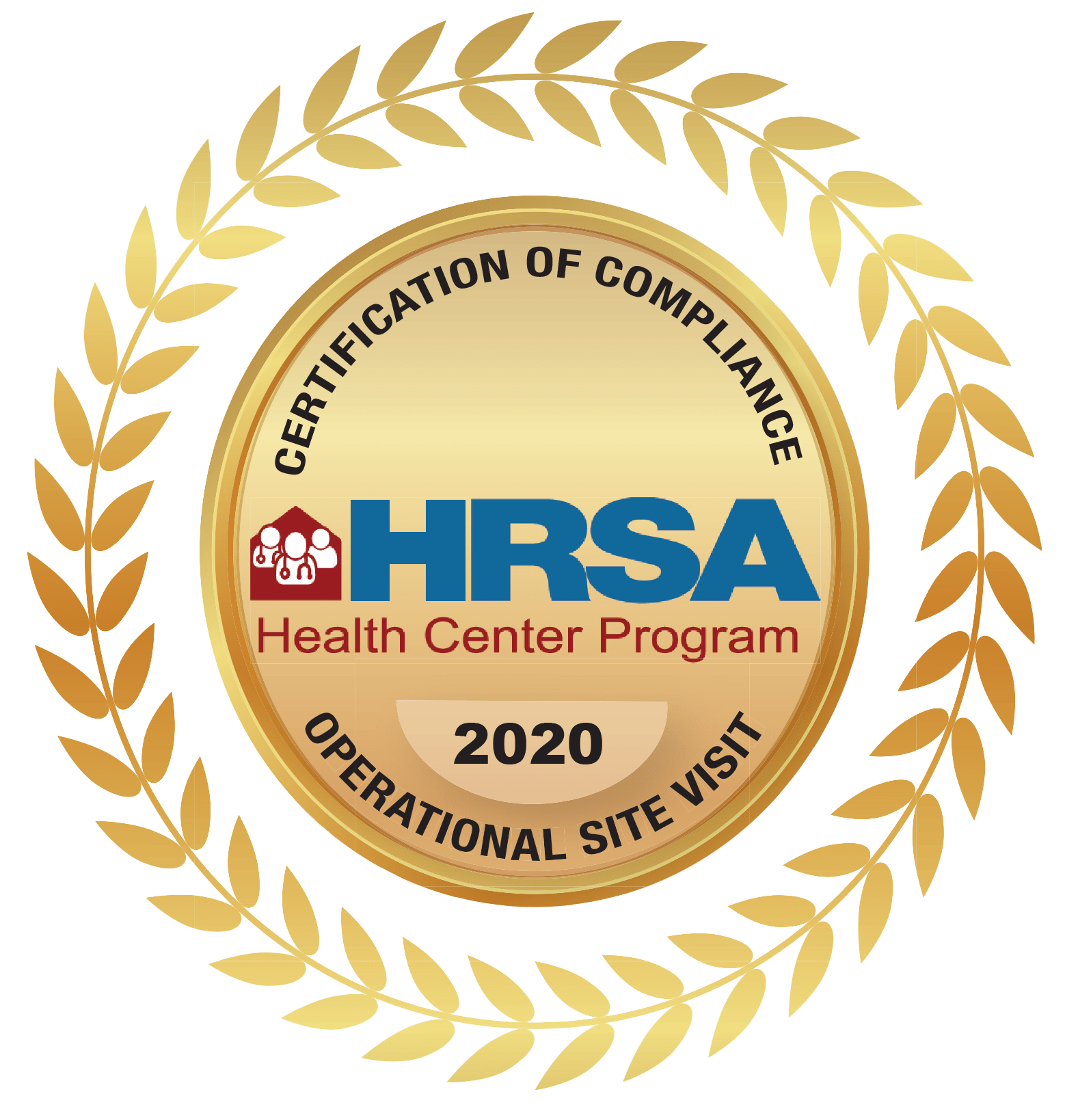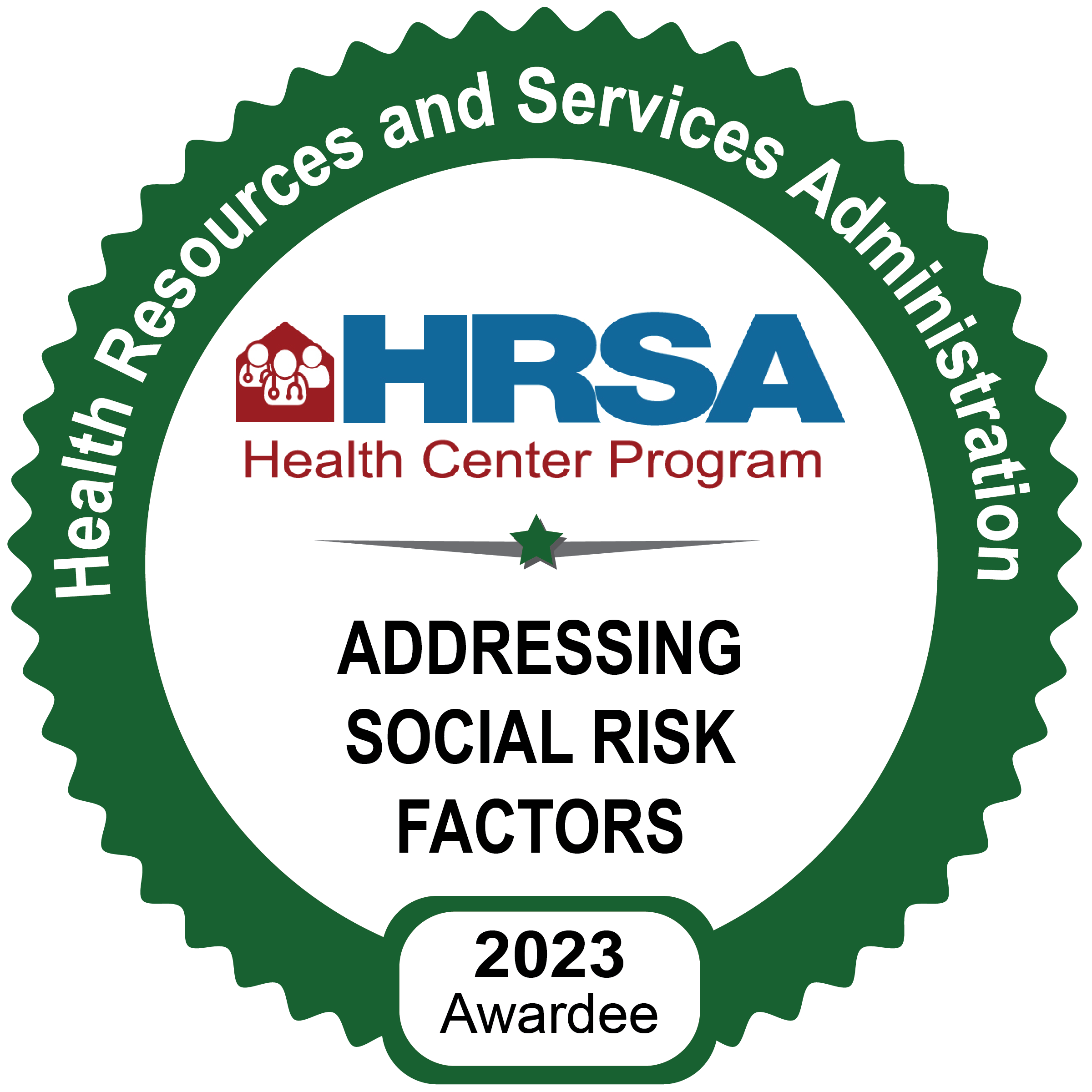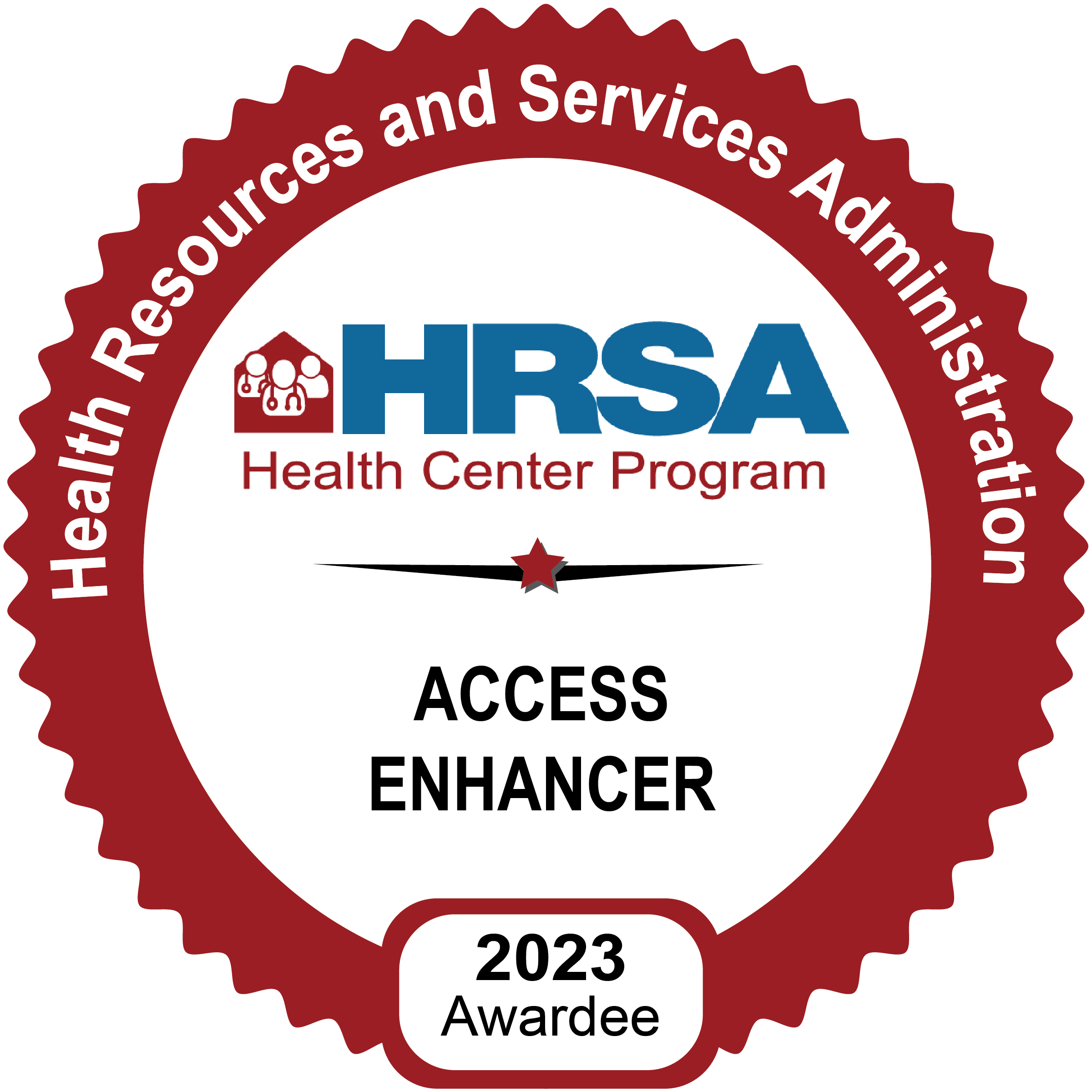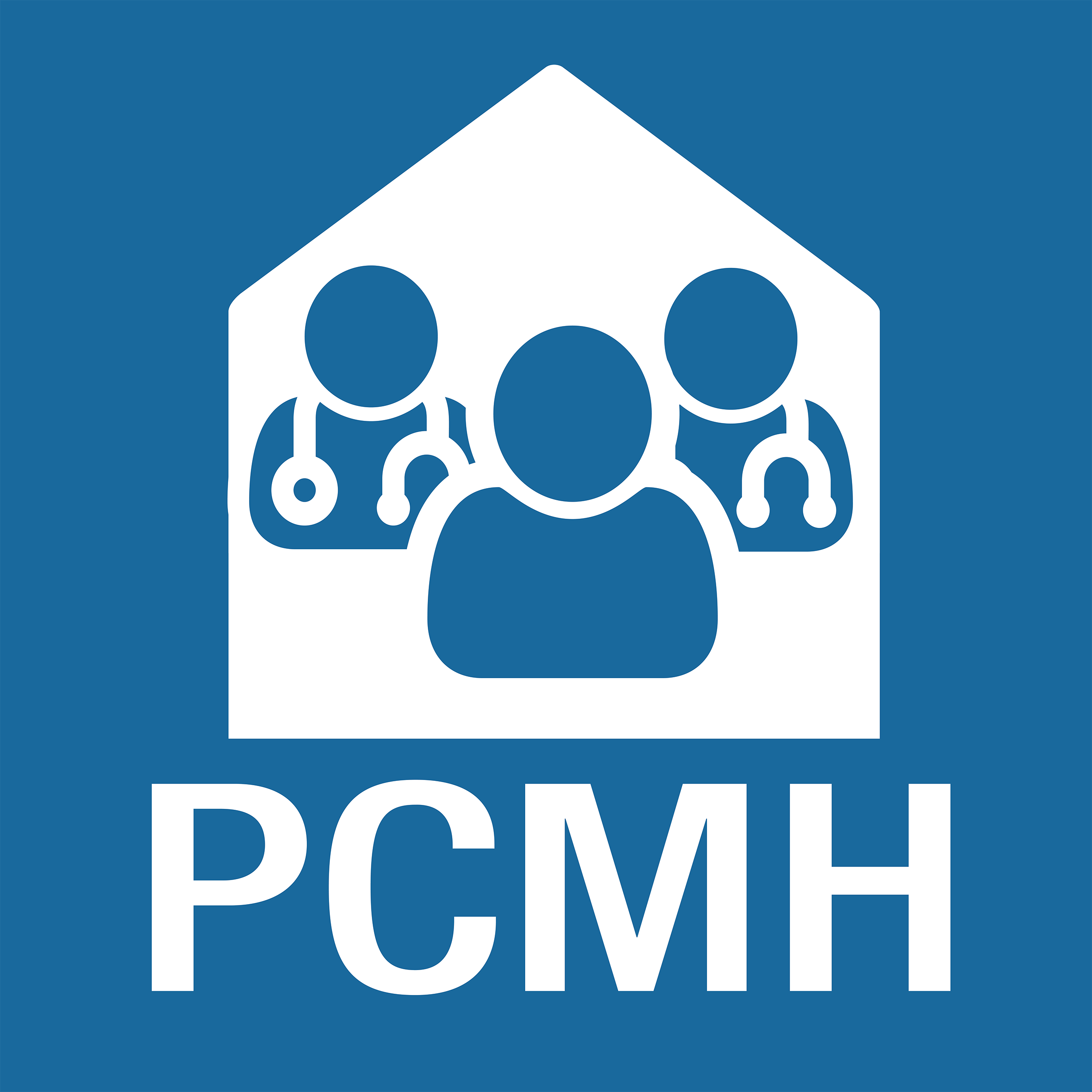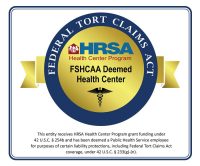Cervical cancer affects approximately 13,000 women in the United States each year, and more than 4,000 of women will die.Cervical cancer is the second most common type of cancer for women worldwide, and because it develops over time, it is also one of the most preventable types of cancer. Due to screening and early detection, deaths from cervical cancer in the United States continue to decline. This decline is primarily due to the use of the Pap test also known as the Pap smear.
When a female gets a Pap test, she is being screened to make sure that there are no abnormal/unusual or precancerous changes in the cells on her cervix.
Patients should know that abnormal cervical cells may be present with out causing any noticeable symptoms.
What are the Risk Factors for Cervical Cancer?
A risk factor is anything that changes your chance of getting a disease such as cancer. It is even more important for women who have these factors to get regular Pap tests to detect cervical cancer early.
Cervical cancer risk factors include:
- Human papilloma virus infection (HPV). Infection with HPV is common, and in most people the body can clear the infection by itself. Sometimes, however, the infection does not go away and becomes chronic. Chronic infection, especially when it is caused by certain high-risk HPV types can eventually cause certain cancers, such as cervical cancer. Although there is currently no cure for HPV infection, there are ways to treat it.
- Smoking. When someone smokes, they and those around them are exposed to many cancer-causing chemicals that affect organs other than the lungs. Women who smoke are about twice as likely as a non-smoker to get cervical cancer. Smoking also makes the immune system less effective in fighting HPV infections.
- Family history of cervical cancer. Cervical cancer may run in some families. If your mother or sister had cervical cancer, your chances of developing the disease are higher.
There are several additional risk factors that have not been discussed, that health care providers can discuss further with their patients, and answer questions patients may have.
Early detection is important in the prevention and treatment of cervical cancer. Your health care provider may recommend routine testing, according to clinical guidelines. Depending on your age and previous Pap test results, this may be every 3 years or every 5 years. Patients should plan to get a yearly Well- Woman Exam to discuss Cervical Cancer Screening, as well as other health concerns and issues based on her unique needs.
So what is the next step?
Find out if you are cancer free. A pelvic exam alone is not a Pap test. If you are unsure if you have received a Pap test (Cervical Cancer Screening) please ask your provider. Call Valley-Wide Health Systems, Inc. at 719-589-3658 to make an appointment with your health care provider for a Pap test and well- woman exam so you can have a healthier future and peace of mind.
For further questions you may have before your appointment, of if you need help to coordinate this important appointment. A RN Registry Coordinator is available through Valley- Wide Health Systems, Inc. by calling 719-587-5989, or visit the Contact Us page for more contact information.




